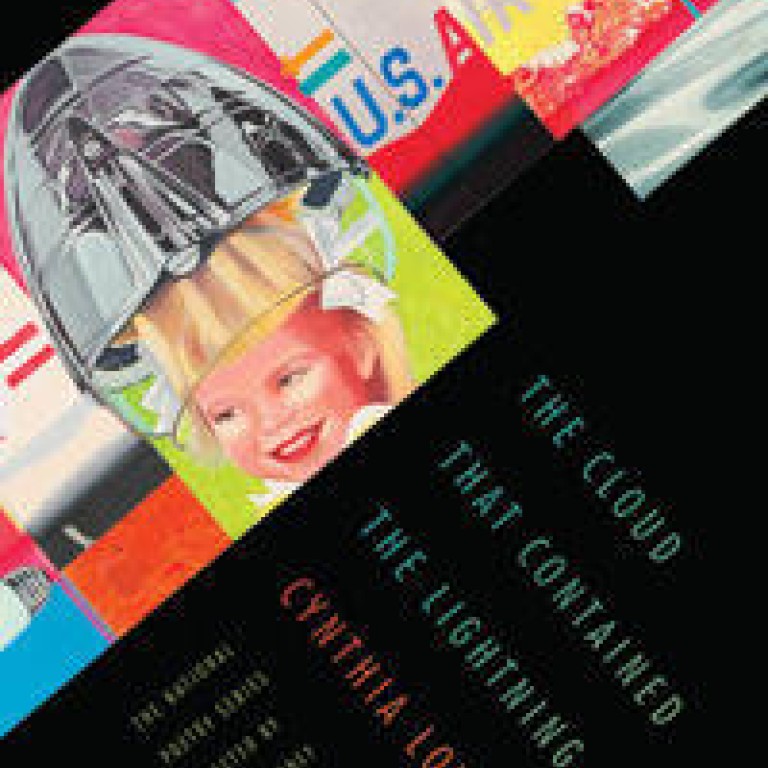
Book review: The Cloud that Contained the Lightning, by Cynthia Lowen
Putting the wide world of the atomic bomb, nuclear physics, technology and innovation under the microscope in a succinct selection of poems revolving around a singular man is no easy feat. But award-winning American poet Cynthia Lowen has done just that in The Cloud that Contained the Lightning.
by Cynthia Lowen
University of Georgia Press
4 stars
Putting the wide world of the atomic bomb, nuclear physics, technology and innovation under the microscope in a succinct selection of poems revolving around a singular man is no easy feat. But award-winning American poet Cynthia Lowen has done just that in .
Julius Robert Oppenheimer (1904-1967), American physicist and "father of the atomic bomb", is the vehicle by which she examines these vast and multifaceted subjects. In exploring the scientist and his work, as well as imagined exchanges that might have led to different outcomes than that of the tragedies at Hiroshima and Nagasaki, Lowen takes us on a journey through science, culture and emotion.
Together, Oppenheimer, his family and the (Japanese for "explosion-affected people", a term for victims of the atomic bombings of the two cities) call on us to ponder questions of ethics and morality, of technological advancement and modernisation.
Lowen's short poems may reflect the transitory nature of thoughts, but they also, more importantly, call for contemplation and reflection on the "what ifs" and unanswered questions of 1945 and the end of the second world war. Despite the heavy subject matter, Lowen treads softly, impressing subtle but resonating words through encounters with Oppenheimer and his thoughts in different settings and situations.
Lowen takes us inside the mind and life of the man behind the bomb, asking us to consider, from a contemporary standpoint, how science, technology and human nature can sit easily side by side. For here, in , they do not. Her poems contain an underlying sense of unease, as we are asked to consider choice, responsibility and conscience both within society and within ourselves, and examine the past while considering how we might (re)create our future.
In this captivating, almost haunting, collection, Lowen leaves us wondering if humanity is "circuitously destroyed" by its own creations.
